How your 401(k) is helping destroy the Amazon rainforest
- Intercept
- 23 November 2021
The growing financialisation of Brazilian agribusiness is enabling foreign investment in the industry most responsible for deforestation - and land grabbing
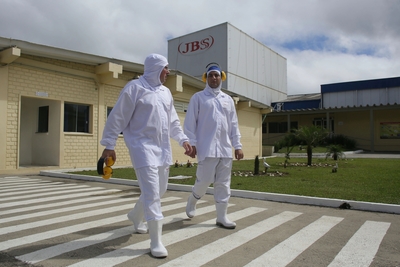
The growing financialisation of Brazilian agribusiness is enabling foreign investment in the industry most responsible for deforestation - and land grabbing

ADM, Bunge and Cargill are dealing in conflict-tainted soy sourced from producers in the Cerrado, and in doing so are contributing to land conflict and alleged human rights abuses, in violation of their responsibilities under UN and OECD human rights standards.
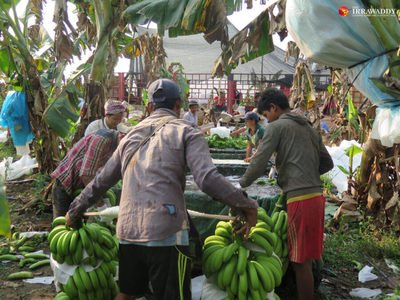
Landowners leasing their land to Chinese-run plantations are aware of the many drawbacks associated with banana farming, but still rent out their land, or are sometimes deceived into doing so, because of the limited market for traditional crops as well as the high rents they receive.
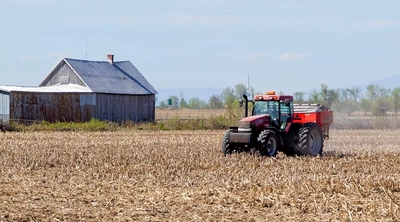
Au Québec, les terres agricoles ne sont plus «achetables» car il faut payer jusqu’à 25 000 dollars l’hectare, dans certains cas extrêmes
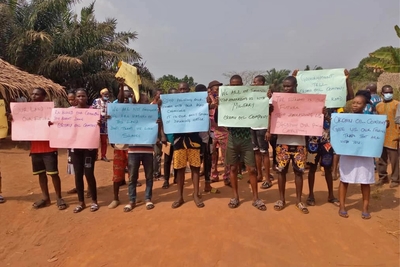
Certified by the RSPO in early 2020, Okomu’s motto is “responsible tropical agriculture.” But over the past decade, the company has been embroiled in disputes over land ownership and its use of Nigerian soldiers as a de facto security force for its plantations.

En Mauritanie, les habitants de la localité de Ngawlé, dans le sud du pays, ont protesté contre l’expropriation de leurs terres par le gouvernement mauritanien.
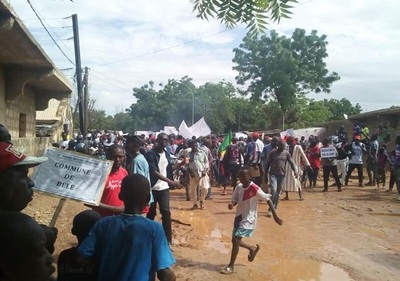
La grande superficie est exploitée par des Maures et mise en location à des Marocains pour l’agrobusiness.
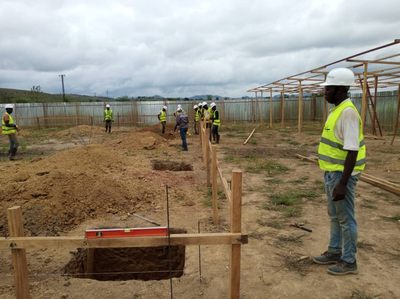
The facility in the Republic of Congo will cover the requirements for the company’s production, as well as for local farmers wishing to partake in the Agri Resources Congo outsourcing programme.
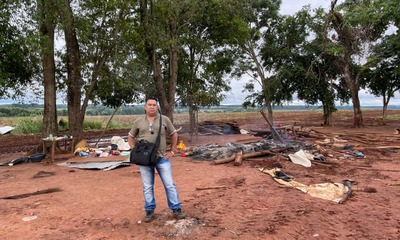
Police in riot gear tore down a community’s homes and ripped up crops, highlighting the country’s highly unequal land ownership
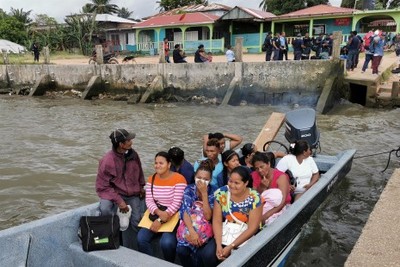
La paz en la región ha ido desapareciendo por muchas presiones, entre ellas el acaparamiento de tierras para cultivos agrícolas y ganadería por parte de terceros que no son de la Mosquitia.
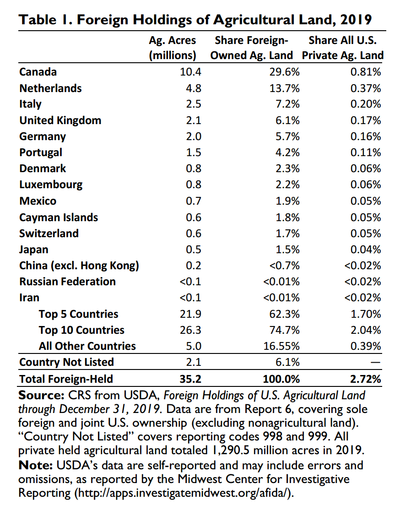
New CRS Report shows that foreigners own just under 3% of US farmland, led by Canada (accounting for 30% of foreign holdings), Netherlands (14%), Italy (7%), UK (6%) and Germany (2%).

Cochrane’s and Andrews’ The Transnational Land Rush in Africa: A Decade After the Spike provides a timely and necessary update of the land rush “a decade after the 2007/08 commodity price spike.”